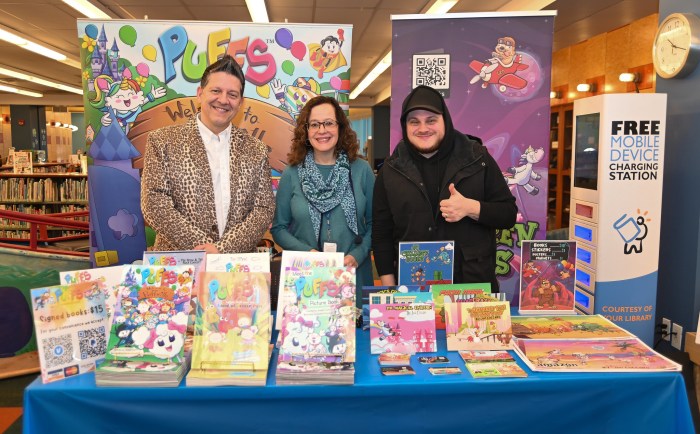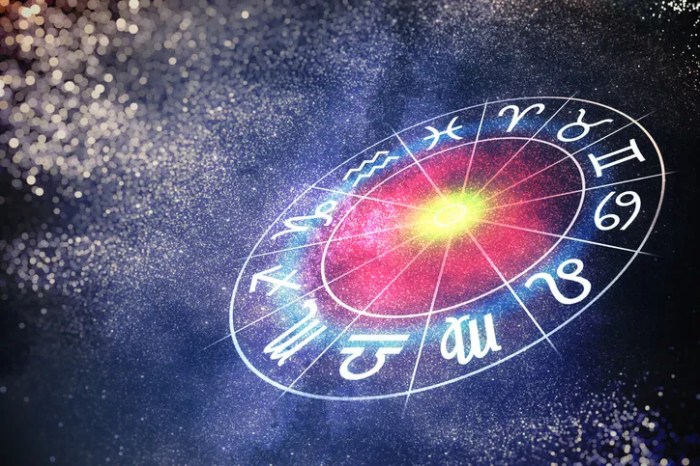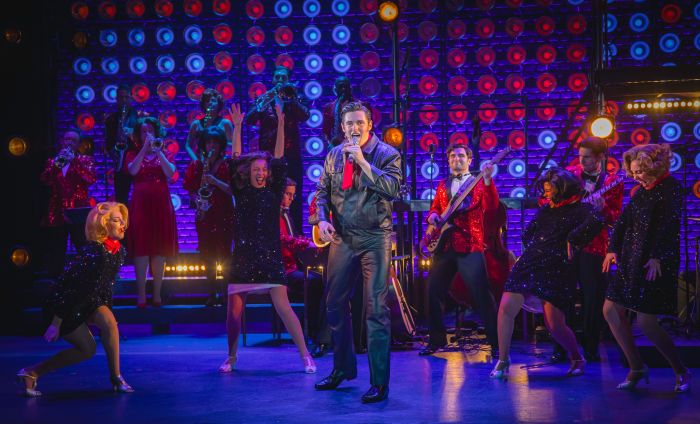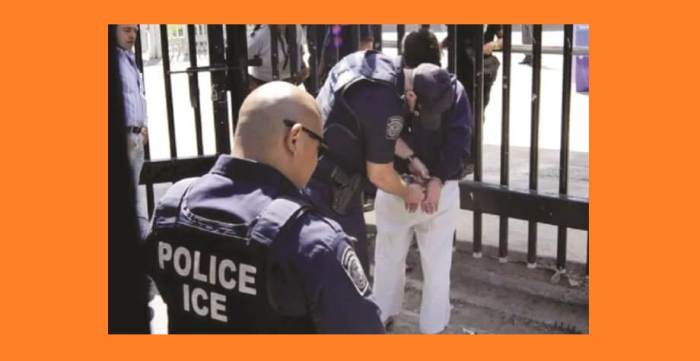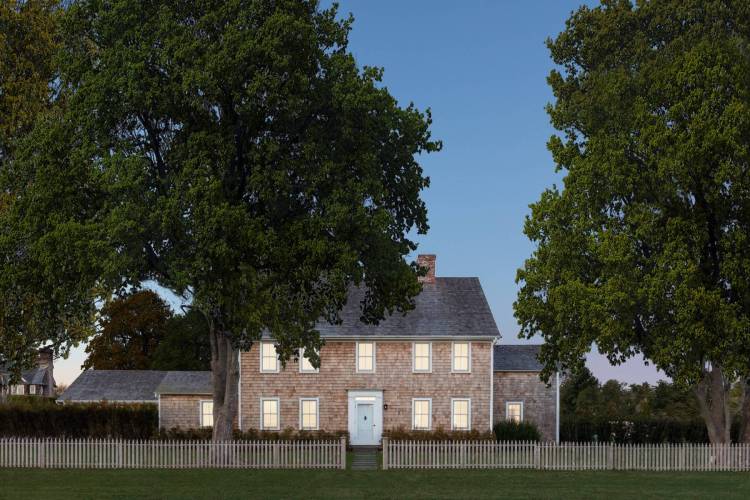
Joseph Perry Grassi served in the United States Army as a logistical specialist from 2002-06. The Little Guy (or The Motor Scooter) is the Long Island native’s first-ever published book. Grassi has a background as a writer, having worked at a variety of publications. He shared his insight into how this book came to be, his reasoning for serving his country and more.
Q: What is The Little Guy (or The Motor Scooter) about?
A: It’s about a fairly young man who joins the Army kind of late in life. The average recruits [are] between 18-years-old and 24-years-old. So, the protagonist in this book—Corrado—joins when he’s 28-years-old. He’s looking for direction in life; he’s broken hearted and feels like he wants to be part of something greater than himself. The book is about all of the dynamics that we face in America today. The book is about the U.S. Army experience. Within that story there are subplots that have to do with diversity and inclusion, prejudice and discrimination.
Q: Where did you find inspiration for The Little Guy (or The Motor Scooter)?
A: I graduated from Stony Brook, and I was a literature major. The great writers in American literature have influenced me; Mark Twain, Ernest Hemingway and F. Scott Fitzgerald. Also, I was inspired by other types of art such as plays and movies. Neil Simon who wrote Biloxi Blues inspired me. The movie Forrest Gump inspired me as well as its writer Winston Groom. I was [also] inspired and encouraged by friends and family.
Q: Is there a meaning behind the title of the book?
A: I chose ‘the little guy’ for a couple of reasons. The protagonist—like myself—is not a very big guy. Anybody who is under 5-feet-9 inches and male is considered a little guy. Literally the character is a ‘little guy.’ The old wise adage is write what you know. So, that’s what I did. The little guy—in terms of the proverbial expression—is the guy that doesn’t have much power in the world, in the country. He’s the guy who doesn’t have a lot of power in life. No one listens to what he has to say. His opinions and comments are usually maligned or ridiculed or sideline, and no one pays much attention to him. But then again, ‘the little guy’ can do a lot of good. Lots of times ‘the little guy’ is the hero, like David and Goliath. Now, or the motor scooter, that I’d like for people to discover on their own why [the title] is in parenthesis.
Q: What prompted you to go into the Army?
A: When the ground zero rescue and recovery efforts were occurring, I was working at a publishing company, and I was sitting in a cubicle, and I was devastated and heartbroken like everyone. It left me speechless. I said, ‘Well, you know, I’d like to help, too.’ I figured at where I was in my life. I said, ‘I have no girlfriend. I’m not married. I don’t have any kids. I’m going to sign up and join the army, and that’s how I came to decide to join the army.
Q: What has being part of the Army taught you?
A: I was inspired by Hemingway because what Hemingway did was he was a medic in World War I, and he wrote a lot of fiction, but the fiction that he wrote was based on his experience. So, that’s what I did. In terms of my experience in the army, I would say that, if anyone wants to learn about America, then you should join the army or join the military. The reason why is because you’re going to meet individuals from every walk of life, from every corner of the United States and the territories. It’s an incredible learning experience because you’re going to [learn about] and meet people of every race, background [and] creed. You’re going to [find] people who [are] really well to do and had a lot of money growing up. You’re [also] going to meet people who had nothing and were very poor growing up. Meanwhile, you have all these people—from all different kinds of backgrounds and all different places and different cultures. I learned a lot about the citizens of America. I learned a lot about the citizens of the world. I learned about people and I learned about leadership.
Q: What compelled you to become a writer?
A: I can pick out two points when I was a kid that made me respect writers and made me want to be a writer. My mother subscribed to Readers Digest when I was a kid. I was about six or seven-years-old. I learned that if you wrote a short story—100 to 200 words for Readers Digest—you could make between $250 and $500. I said to myself, ‘Wow you can make a lot of money sending in a 100 or 200-word story’. I was always very impressed by that. Also, I was in grade school and my teacher said, ‘I want you to write what you did on your summer vacation. You have to do artwork with a cover and write a page or two.’ I wrote a lot. I didn’t write a page or two. I wrote six or seven pages. It was a story I called, Adventures with Grandma. I spent a large part of my summers with my grandma who lived near the Long Beach boardwalk. Everybody reacted in such a positive way to it. Between Readers Digest and my success with the report on summer vacation, I said that is something I would like to pursue.
The Little Guy (or The Motor Scooter) is available on Amazon and at all major booksellers.




